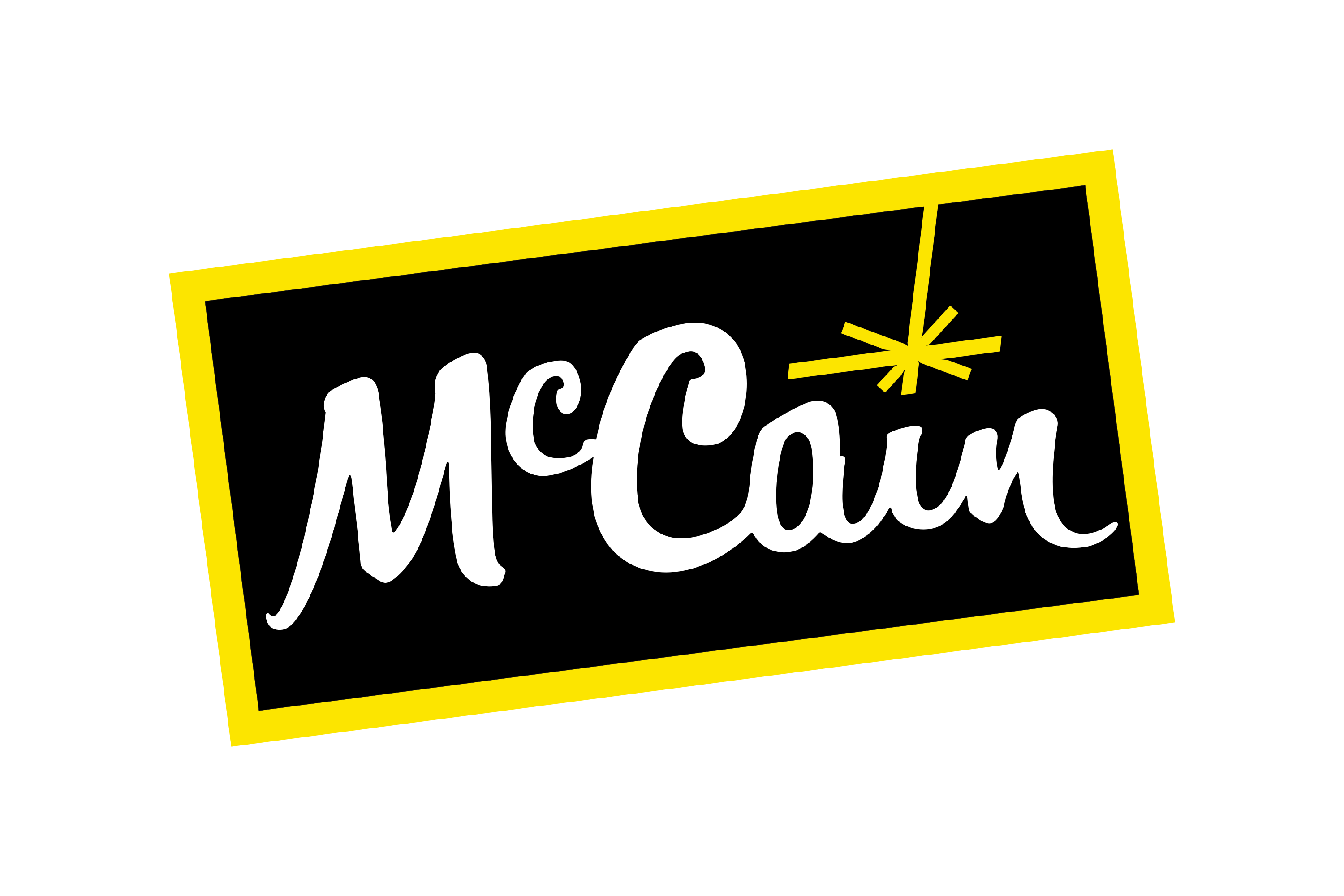Building agile and resilient teams
An interview with Bob Carr, MD, MPH, FACM, and Evolve Leadership executive coach and advisory board member
Why should a focus on building agile and resilient teams be the priority for organizations in 2025?
The current business and economic landscape has demonstrated the need for all organizations to be able to weather major, unforeseen disruption. The business landscape will continue to become more challenging and complex, and research suggests that two important differentiators of successfully managing disruption are agility and resilience.
Organizations able to absorb and adapt to ongoing challenges successfully are, by definition, resilient. Many also find themselves making decisions at a speed which would have been unthinkable in pre-COVID-19 times.
Understanding and strengthening the areas that drive agile and resilient organizations is critical to prepare for future shocks as well as to help people transition to the “next normal.”
How do you define agile leadership?
Agile leaders apply practices designed to effectively respond to disruptions and help organizations remain fast, resilient, and adaptable. They can adapt to an ever-changing and uncertain environment. Agile leaders are continuous learners who see challenges and change as opportunities for improvement and growth. They effectively regulate their emotions, are able to provide authentic feedback, and foster and support resilience in their teams. Agile leaders provide clarity, have self-awareness of their leadership style, and know how to flex this style to enable a high-performing and positive work environment.
How can a team leverage stress and conflict for growth and innovation?
Interestingly, during times of such widespread challenge, not everyone experiences negative outcomes. A national Harris poll suggested over 50% of full–time workers experienced positive impact and growth during the disruptions of the pandemic — very much like post-traumatic growth.
Research also suggests that one’s sense of purpose (in life and at work) as well as the strength of inner resources like resilience and emotional regulation appear to significantly mitigate the effect of stress and allow for adaptation and growth.
Some of the common attributes among those that experienced growth or thrived during times of significant challenge include:
- They knew their purpose in life, were open to the future and had a higher tolerance for uncertainty.
- They were more likely to believe that the world was fundamentally a good place. In essence, they framed challenges more positively.
- They were more likely to identify with and empathize with others rather than be focused on their own needs.
Fortunately, these are acquired practices, and leaders can personally strengthen these critical life skills and support their development in their teams.
What steps can you take to assess your team’s resilience?
Building a resilient team starts with knowing where you are today. Asking the tough questions — What’s working and what’s not? What are the barriers that get in the way of people showing up as their ‘best selves’ and creating a ‘best team’ result? How does your own leadership enable or impede performance? How are we bouncing back from difficulties and challenges?
Understanding your team’s current state – interpersonal dynamics, levels of resilience and agility – as well as the organization infrastructure and process enablers and barriers to performance are an important part of a comprehensive assessment.
From this baseline you can work together to address agreed on priority areas that are barriers to performance and improve overall resilience and agility for the future.
How can greater self-awareness and strengthened relationships help build resilience?
Emotional intelligence is one of the most important acquired life skills to strengthen relationships, work more cohesively together, and build team resilience. Emotional intelligence involves the ability to understand and manage emotions, and research suggests that these skills are linked to everything from decision-making to performance and life success.
Beyond just recognizing your own emotions is the awareness of the effect of your actions, moods, and emotions on other people. With better self-awareness, teams are able to more effectively communicate, collaborate and adapt positively during change.
Some examples of building self-awareness to strengthen team resilience include:
- Listening with full attention
- Being able to recognize and address emotions, both in yourself and in others, allowing one to experience empathy and thus connect more fully with others
- Engaging in open communication and providing honest feedback
- Developing a set of agreed upon values and a shared purpose, providing a common bond among team members
- Building trust through authentic valuing of others
- Asking questions that build positive energy
- Being willing to be vulnerable
How can leaders model resilient leadership and cultivate trust in times of volatility, uncertainty, complexity and ambiguity?
If ever the phrase “VUCA” (volatile, uncertain, complex, and ambiguous), which is the nature of today’s world, felt appropriate to use, it’s now.
Given the immense uncertainty around the future of work, it’s vital that leaders are conscious about showing up in ways that reassure and model self-certainty. Managing your own emotional state sets the emotional temperature for those around you. Modeling self-certainty requires strength of purpose and the ability to prioritize what strengthens us and manage the ongoing pressures we face.
Enabling connection around a shared sense of purpose to counter the shared threat builds trust and strengthens bonds in ways that can never be done in less stressful times.
Leading from the heart, by making yourself visible and connected in unscripted and authentic ways, demonstrates caring personally. To build trust, you have to be and bring your whole self and care about each of the people who work for you as a human being.
Why should resilience training be a key component of a holistic executive development training program?
Resilience is the human capacity to meet adversity, setbacks, and trauma, and then recover and learn from them in order to live life fully. Resilience is about the whole person. Some have called resilience an essential element of the human quality known as grit. While personal resiliency is important, it is a critical component of effective leadership. The true grit of a leader is not how they perform during the good times but rather how they display emotional strength, courage, and integrity during the most trying times.
Resilience is a crucial characteristic of high-performing leaders. Resilient leaders have the ability to sustain their energy level under pressure, to cope with disruptive changes and adapt to and overcome major difficulties without engaging in dysfunctional or self-destructive behavior or harming others. Resilient leaders don’t let their emotions take over. They bounce back from setbacks. Resilient leaders bring out the best in their teams, are very flexible in the way they think and act, and use a strong connection to their purpose and values to navigate disruption and change and create a positive work environment enabling higher levels of performance.
Some of this may come naturally, but much of It does not, and these are acquired skills. Strengthening the resiliency of leaders and teams – and expanding their capacity to effectively navigate ever increasing challenges and complexity – is a key area of focus for the clients we work with at Evolve Leadership. The science-based approach has been tested on hundreds of thousands of C-suite leaders. From individual and team assessments to team workshops to executive coaching and support, having the right foundation Is the key to real transformation – and something every organization should be prioritizing.
Dr. Bob Carr is a physician leader, educator, consultant, executive coach, and board member with extensive experience in Healthcare, Pharmaceutical, and Consumer Products businesses. He is an advisor and executive coach for Evolve Leadership and the Chief Medical Officer for Kumanu, a neuroscience behavioral precision well-being company. Dr. Carr was most recently the President of the American College of Preventive Medicine, the professional society for physicians dedicated to preventive medicine and population health, and Director of the Executive Master’s Program in Health Systems Administration and Associate Professor at Georgetown University.
Some leading companies we have proudly served





